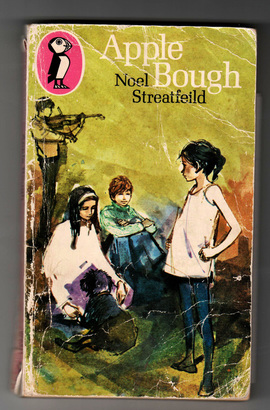
I didn't actually do this (although I wished I could). Anyway, I've read that particular book so many times that at this point it's more fun to write about it than read it again. So here goes.
The book: Apple Bough by Noel Streatfeild (author of many Young Adult ("YA") novels, including the classic story Ballet Shoes).
Disclaimer: I don’t read grown-up books – I pretty much just read YA fiction (that's another story). And there are many other YA authors I really love (Margaret Mahy, of course, being one). But this is the book that’s been there for me through thick and thin, which is why it’s earned the title.
Another time, I could tell you why it crystallized, around twenty years ago, into this enviable position. Something about the subject matter (the tale just resonated with seeming parallels to my own life); something about Streatfeild’s writing style (of which more below); and something about the way the story brings you home. It’s the ultimate comfort-food book for me: the one in which you know things will turn out all right. (This one, and Louise Fitzhugh’s “Sport”. That’s the second-place contender.)
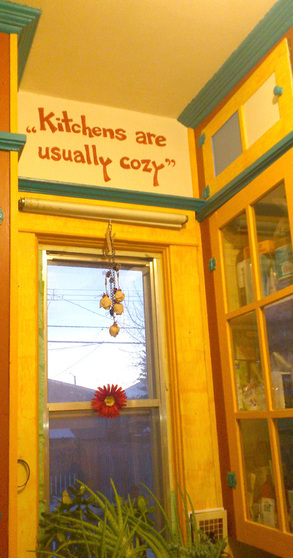
In the story, the new governess arrives at Apple Bough (an old rambly house) inhabited by a family of four children and two “vague”, usually-absent parents. Finding the children hungry, cold, and left to their own devices, she takes the situation in hand by deciding that they’ll skip lessons that day and do some cooking together in the kitchen since “kitchens are usually cozy.”
…“I don’t think our kitchen is cozy [replies one of the children]..."
“It will be…”
By sheer force of character, Miss Popple creates order from chaos. Having myself lived in a few places with the chilly, ramshackle, comfortless atmosphere of those early days in Apple Bough, I guess I felt that, in the absence of a solid English governess to cheer things up, I could at least paint her reassuring words in my kitchen, to remind me that houses – and their atmospheres - can be transformed. (By the way, my British edition spells that “cosy,” but I put a “z” on my Canadian wall.)
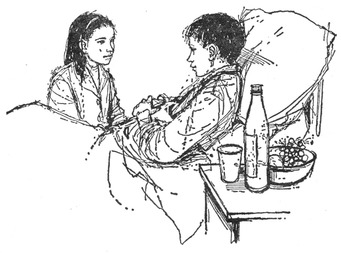
How did she get away with those sentences? But she did. Only Noel Streatfeild could do this. Her sentences babble along like brooks, without any ups, downs, corners or obstacles. It has to be one of the most measured, moderated narrative voices in YA lit. In fact, she leads you through the whole book without ever raising her voice. In Chapter 15, Wolfgang (who's about twelve, I think) runs into the house with the exciting news: "Mrs Bottle - Mr Bottle - I'm going on telly." Just a period at the end of that sentence. Exclamation points strictly reserved for overseas phone calls and exclamations of disgust. ("I'm going to write pop songs." ... "Ugh! I hope you're not.")
But it's these long comma-filled sentences that astound me each time. Not only does she use a lot of commas, she uses them almost exclusively. To be precise: in the first hundred pages, there are only twelve colons and six semi-colons (and three ellipses for good measure). But get a load of these commas. It's as if she isn't even aware that there are, in fact, other punctuation marks:
"...few in the audience were taking a reputation made abroad on trust, Sebastian had to make a new reputation in his own country."
"He is ready, I think, and there should not be too much strain if you, as the committee hope, would be at the piano."
Or:
"Apple Bough would be perfect, of course, but that's only a fairy-tale idea, anyway, it was sold. But perhaps some day a house like this, only ours, with our things in it, not other people's..."
Could you write sentences like this, and get them past an editor? How did she do it? It’s kind of crazy. Don’t get me wrong. I love it.
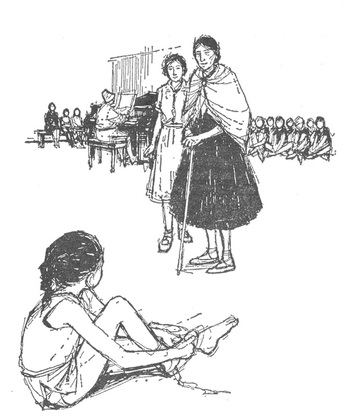
I’ve already rambled a lot (elsewhere – though not in this blog… yet) about the reprehensible lengthening of YA novels since the advent of Harry Potter. People want long books now. Not just long books, they want seven long books in a long series, with offshoots and spinoffs and sequels and costumes and movies. They want this to be a long, drawn-out (or long-drawn-out, if you prefer) experience. And publishers seem quite pleased to encourage this arrangement. Needless to say, I’m happy that teenager books (and their authors) are finally getting the attention they deserve. However, the watered-down prose of the last decade seems a high price to pay for all the limelight.
But back in the day (Apple Bough was first published in 1962) the audiences for YA fiction were smaller, and the budgets for YA fiction were tighter. You’re hard pressed to find a YA book from that era that’s over 200 pages. And so the writing had to be brilliant. These amazing authors had the smallest possible space to get it all in there, and so the way these books have been whittled down to the bare bones of the story just knocks your socks off. Diana Wynne Jones could have crammed Harry Potter’s seven novels into seven mind-blowing chapters. And Ursula K. LeGuin would have written The Hunger Games as a short story.
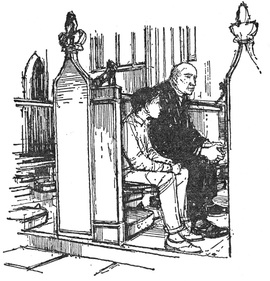
And when you find it, turn off the election results, curl up with a tub of ice cream and enjoy.
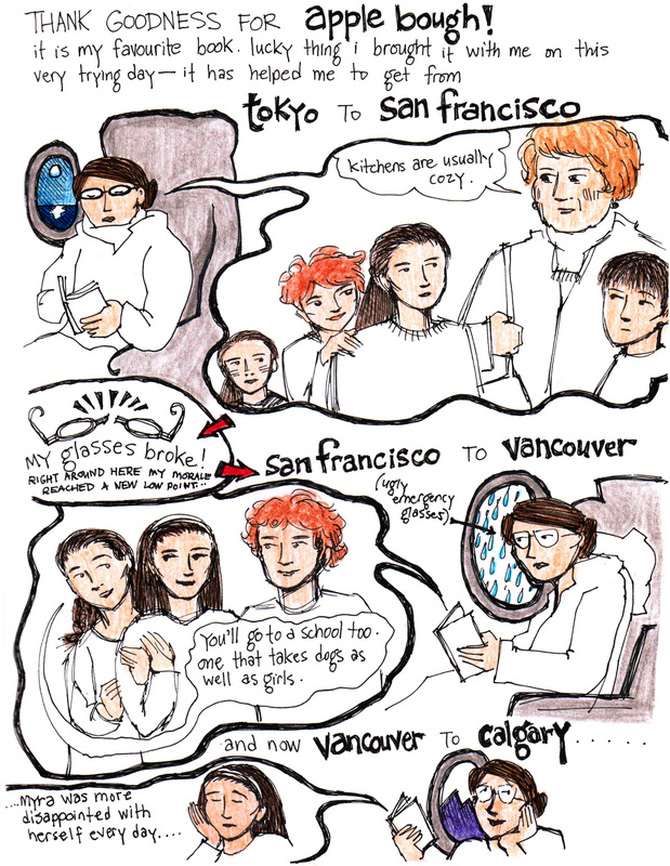
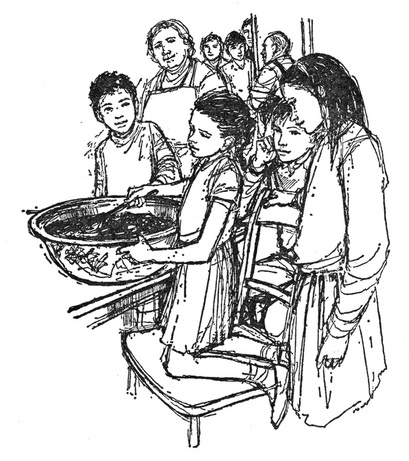


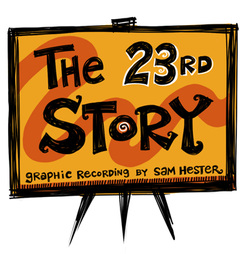
 RSS Feed
RSS Feed